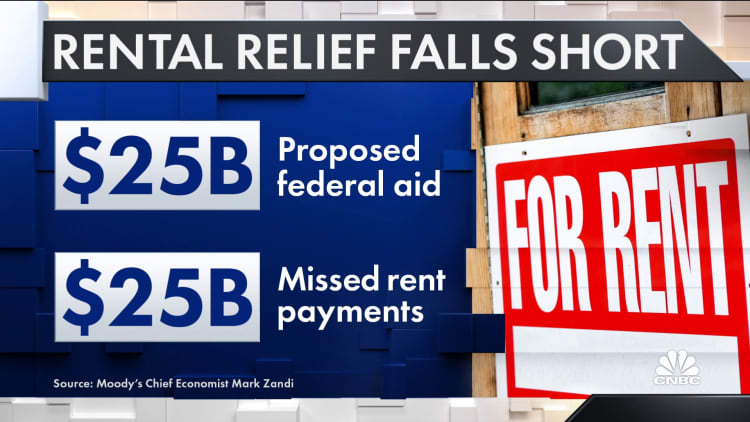As of September, appeals courts have allowed the Trump administration to reimpose the public charge rule, which denies permanent residence to anyone who makes use of certain public benefits, such as food stamps or housing assistance, for longer than a specified period of time. Even a simple entry visa can be denied to persons who are considered "public charges."
But this rule has certain limitations — not all public benefits or immigrant or visa statuses are included. And if Covid-19 has required you or a family member to seek certain types of assistance, you may apply for special consideration relief.
The public charge rule
The public charge rule decrees that entry to the country or permanent residence can be denied to any person who proves unable to support him or herself. By definition, this implies that if you receive financial assistance from the government for more than 12 of the last 36 months, you can be considered a public charge. If you receive help from two programs on a single month, that would count as two months. For example, if you receive SNAP food assistance, plus Section 8 rental housing, the two benefits received in one month would count as two months' worth of benefits.
Here is a list of the public services that could disqualify you from entry or residency:
- Supplemental Security Income benefits, better known as SSI.
- Any cash benefit issued from the federal or state government.
- Temporary Assistance for Needy Families (TANF).
- The Supplemental Nutrition Assistance Program (SNAP).
- Section 8 programs that provide housing assistance for low-income families.
- Public housing assistance under Section 9.
- Medicaid benefits, with certain exceptions, such as pregnant women (or those up to 60 days postpartum), or benefits for children under 21 years of age.
How to seek relief
The public charge law does not apply to asylees, refugees, or immigrants with special visas, such as those from Iraq or Afghanistan. Nor can you be denied residency or entry for receiving medical care due to Covid-19 or from receiving a free vaccine. And, if Covid has affected your income, and you've received public services as a consequence, this factor can be considered as part of your application for residency.
Send a letter to U.S. Citizenship and Immigration Services (USCIS) explaining your financial situation, demonstrating that any increase in your use of public services is temporary and due solely to the financial impact of Covid. While the new public charge rule may seem restrictive in some ways, it pays to demonstrate that you're able to surmount any temporary financial hardships on your way to becoming a permanent resident.

SIGN UP: Money 101 is an 8-week learning course to financial freedom, delivered weekly to your inbox.
CHECK OUT: How much money you need to save per paycheck to max out your IRA in 2021 and reach three other big New Year's resolutions via Grow with Acorns+CNBC.
Disclosure: NBCUniversal and Comcast Ventures are investors in Acorns.






